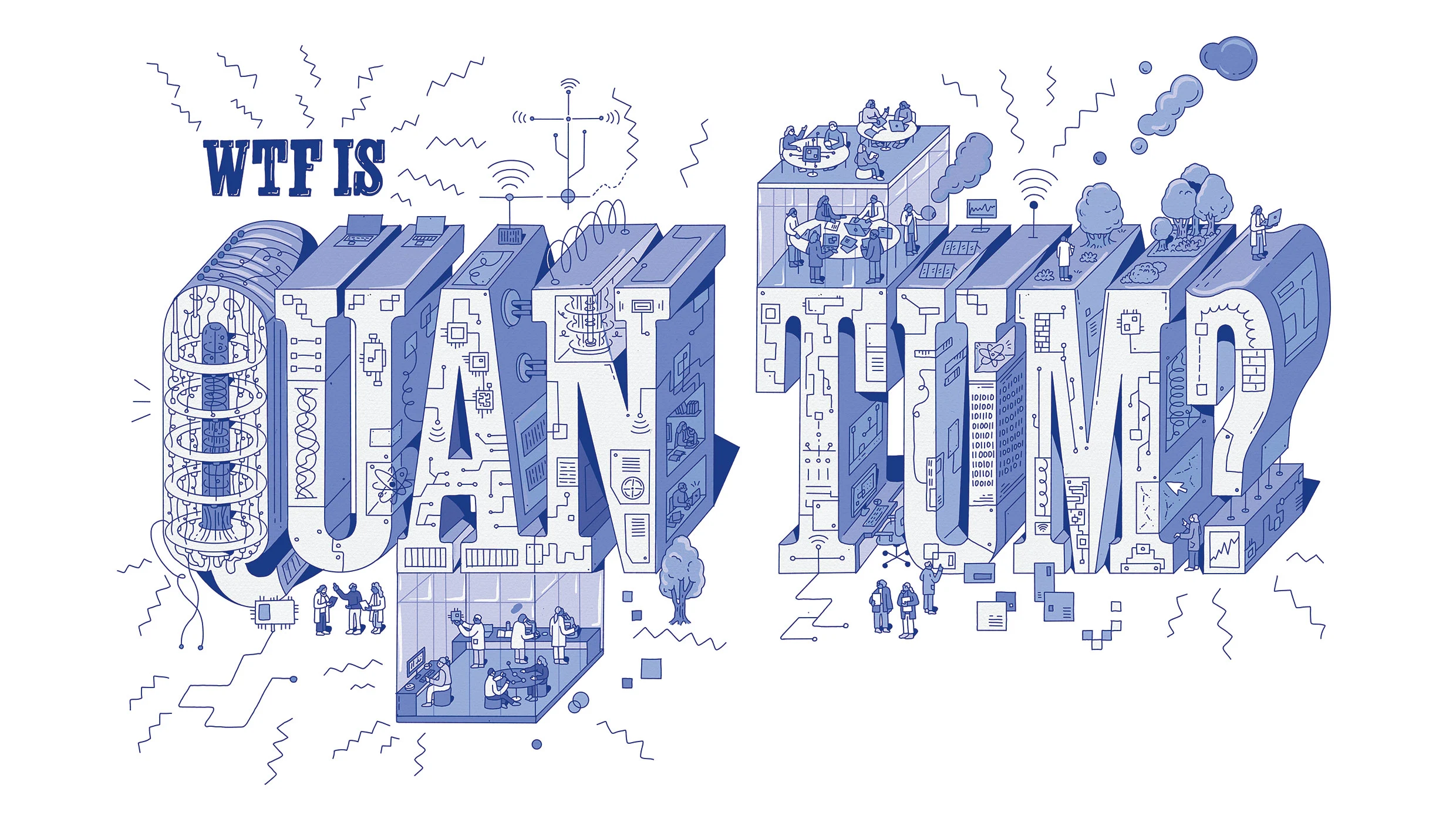
"Computing revolutions are surprisingly rare. The first general-purpose digital computer of 1945, ENIAC, and today's smartphones work fundamentally the same way by manipulating ones and zeros."
"Quantum computers represent a groundbreaking reimagining of computing; they utilize qubits and advanced physics to perform computations unlike anything that classical computers can achieve."
"The field of quantum computing originated from Richard Feynman's 1981 proposal at a conference to build a computer based on quantum mechanics principles pioneered by scientists like Planck and Einstein."
"Recent advancements in quantum computing include Google's Willow processor, which was described as a major step forward, and Microsoft's Majorana 1 chip, presented as a transformative leap."
Quantum computers are fundamentally different from classical computers, embracing qubits and advanced physics rather than merely processing ones and zeros faster. Their development traces back to the 1981 Physics of Computation conference where Richard Feynman proposed using quantum mechanics for computing. Recent advancements include the unveiling of Google's Willow processor and Microsoft's Majorana 1 chip, both hailed as major steps forward in quantum technology. Despite these advancements, significant work remains in realizing the full potential of quantum computing, with expected impacts on various sectors including medicine and finance.
Read at Fast Company
Unable to calculate read time
Collection
[
|
...
]